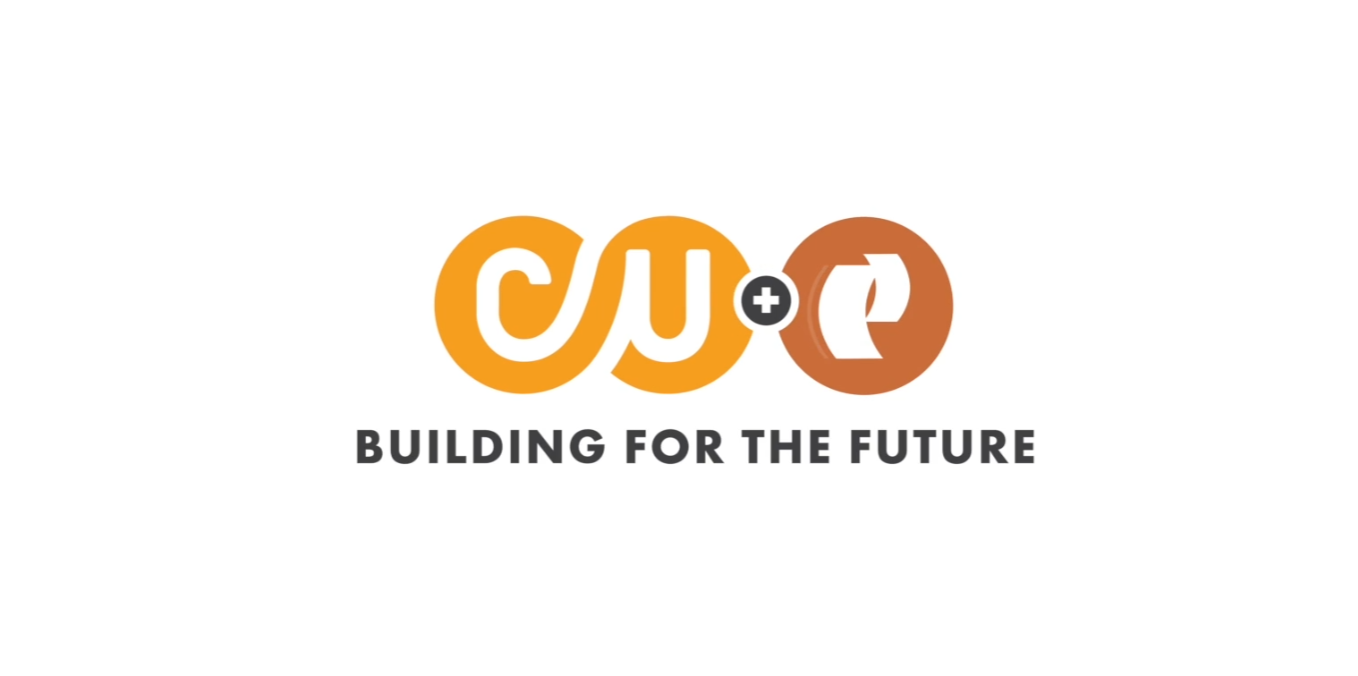July is an ideal month to assess your financial picture and make mid-year adjustments that will help you cruise into the holiday months with fewer concerns. To make planning easier, here is a seven-item checklist you can use as your guide:
Review Your Budget
With a customizable budgeting worksheet or free app, identify areas where you may be overspending and eliminate costs or comparison shop if possible. Budgeting isn’t about guilt, rather it is a way to ensure you’re saving a little each month – ideally 10% of your income. Less still counts.
Automate Savings
Consider the “set it and forget it” approach to allocating savings so that when peak holiday spending season comes around, you’ve avoided (or at least minimized) high interest credit card balances that can put a damper on the season and coming year. Look into opening a holiday-specific savings account at your financial institution and start saving now.
Strategize Debt Repayment
Review the balances and interest rates of your credit cards, loans, and other debts. Tackle high-interest payments first (so you’re able to put more toward principal in the long run). Explore a debt management program which can help you eliminate debt faster.
Check Your Credit Report
Request a free copy of your credit report from AnnualCreditReport.com. Review the report for any inaccuracies or signs of identity theft. Dispute any errors you find, which could be a contributing factor to a lower score.
Revisit Investments
If you have any investment accounts, assess whether your allocations still align with your long-term goals and risk tolerance. Market conditions often change, and your investment strategy should account for these fluctuations.
Maximize Retirement Contributions
If you have a retirement account, check your contributions, and see if you have any room in your budget to increase them. This especially applies if your employer offers matching contributions, as it’s essentially free money. The sooner you invest, the more time your money has to grow.
Review Insurance Policies
Ensure that your health, auto, home, and life insurance policies still meet your needs. Life changes such as marriage, the birth of a child, or significant purchases might necessitate adjustments to your coverage or comparison shopping for more favorable rates.
Recommended for You:
Behavioral Economics Online Course (15 minutes)
This free course will help you better understand your spending behavior and save more this holiday, just by changing small habits.
First published by our trusted financial wellness partners at Greenpath.com
The material and information contained here is for general information purposes only. You should not rely upon the material or information on the website as a basis for making any business, legal, or any other decisions.
Whilst we endeavor to keep the information up to date and correct, PFCU makes no representations or warranties of any kind, express or implied about the completeness, accuracy, reliability, suitability, or availability with respect to the website or the information, products, services or related graphics contained on the website for any purpose. Any reliance you place on such material is therefore strictly at your own risk.



